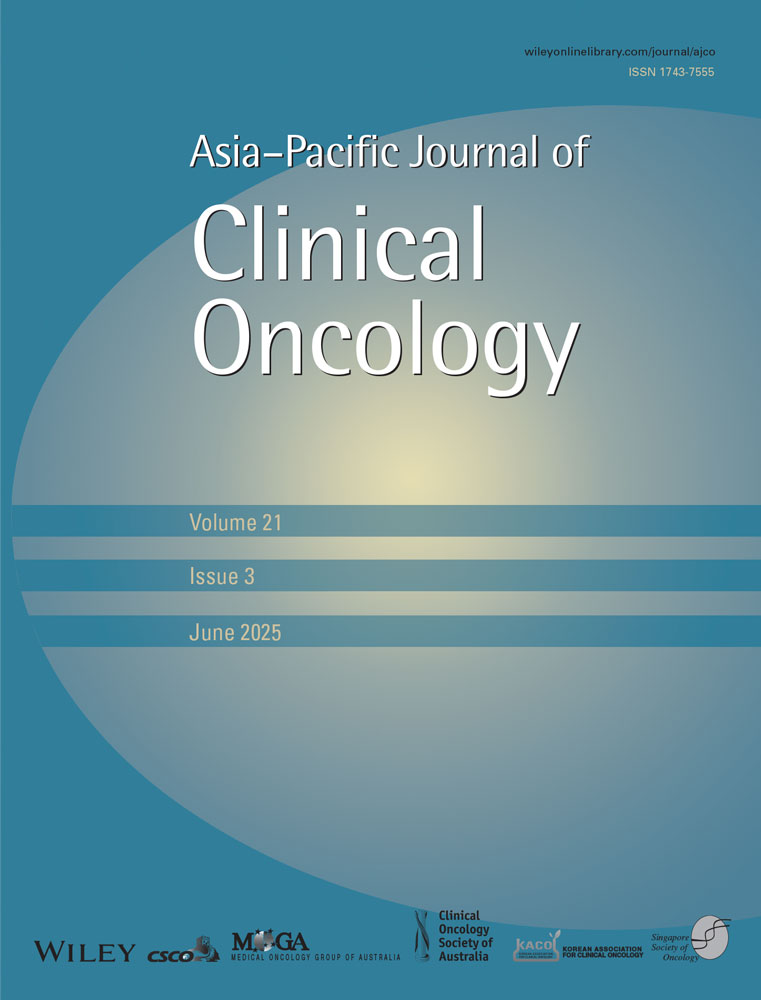The Effectiveness of Afatinib as First-Line Treatment in Vietnamese Patients With EGFR-Mutant Non–Small Cell Lung Cancer and Brain Metastases
Funding: The authors received no specific funding for this work.
ABSTRACT
Introduction
The role of afatinib in the first-line treatment of EGFR-mutant advanced non–small cell lung cancer (NSCLC) patients has been proven through clinical trials and real-world studies. However, additional data on the effectiveness of afatinib in patients with brain metastases are lacking.
Methods
EGFR-mutant NSCLC patients with brain metastases were retrospectively reviewed across nine cancer centers in Vietnam from April 1, 2018 to June 1, 2022. The primary endpoints included central nervous system progression-free survival (CNS-PFS) and overall survival (OS). The secondary endpoints were the objective response rate (ORR) and CNS-ORR.
Results
Among 87 enrolled patients, 21.8%, 17.2%, and 60.9% received whole-brain radiation, gamma knife, and no locoregional therapy, respectively. With a median follow-up of 32.2 months for CNS-PFS and 35.3 months for OS, the median CNS-PFS and OS were 17.9 and 29.9 months, respectively. In multivariate analysis, patients receiving whole-brain radiation had significantly shorter CNS-PFS than those untreated with local therapy (16.1 vs. 22.6 months, p = 0.019), but not translating to an inferior OS. Furthermore, both the CNS-PFS and OS of patients with uncommon mutations were significantly worse than those of patients with Del19 (11.3 vs. 24.2 months, p = 0.013 and 17.7 vs. 34.0 months, p = 0.003, respectively). Univariate and multivariate analyses showed that a lower afatinib starting dose did not significantly affect CNS-PFS or OS. The CNS-ORR and ORR were 77.4% and 71.3%, respectively.
Conclusion
In our real-world study, afatinib showed encouraging effectiveness in Vietnamese patients with EGFR-mutant NSCLC and brain metastases at baseline.
Conflicts of Interest
The authors declare no conflicts of interest.
Open Research
Data Availability Statement
The delinked and anonymized datasets used and/or analyzed during the current study are available from the corresponding author upon reasonable request.




